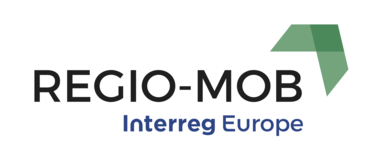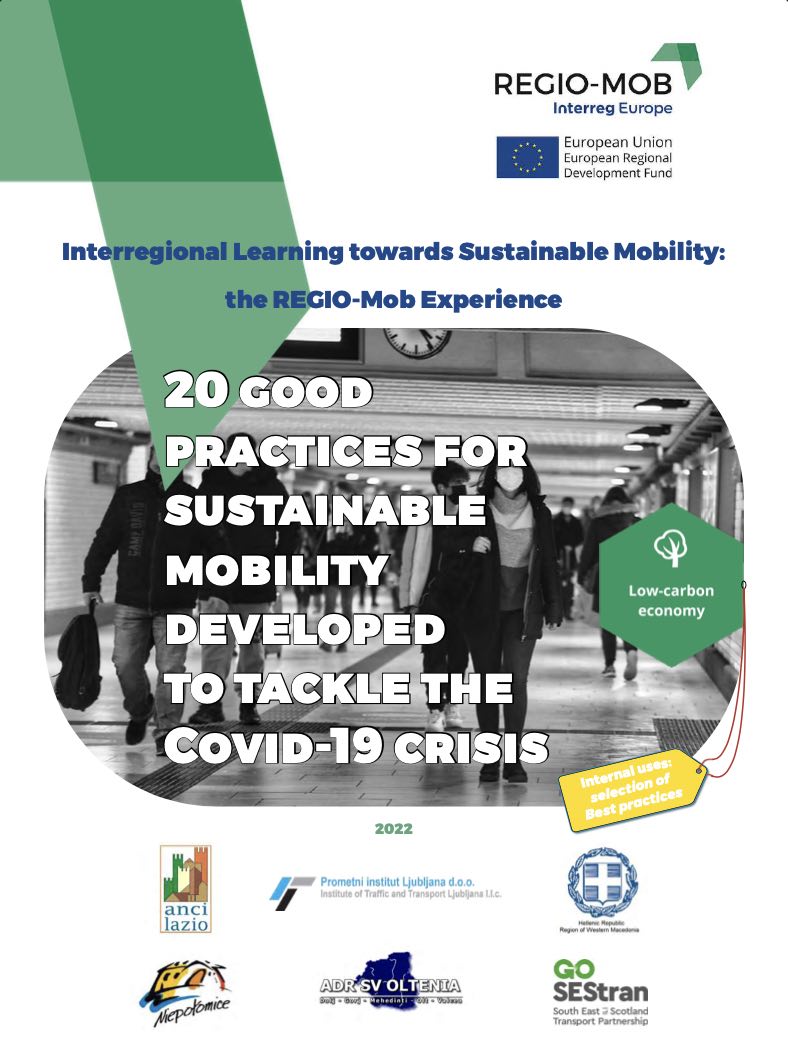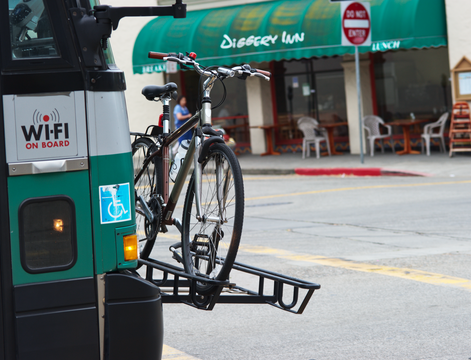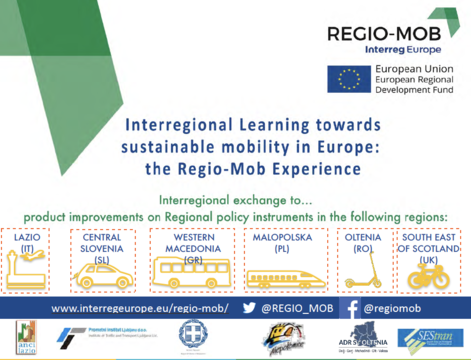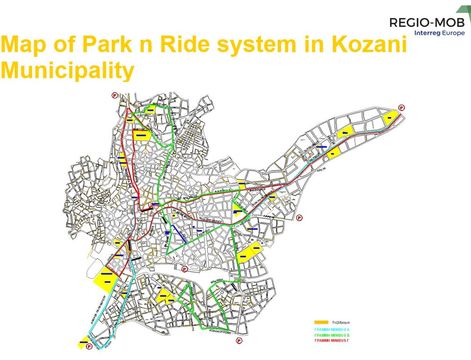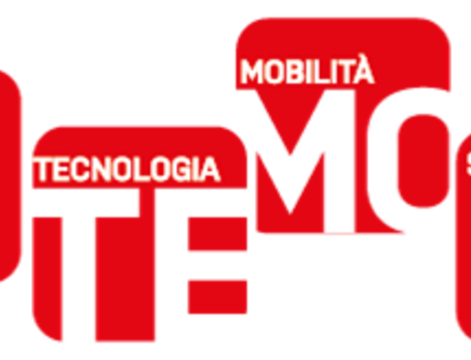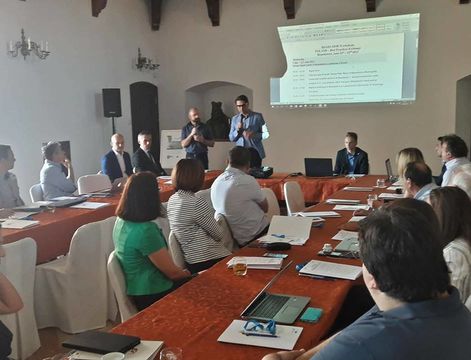The REGIO-MOB learning path (co-funded by the INTERREG EUROPE European Programme) through the additional activity 2021-2022, dedicated to the improvement of sustainable mobility policies on the basis of emerging experiences and in response to the COVID-19 crisis it ended. The selection and transfer of knowledge also through study visits has made it possible to generate important recommendations for improving policies from 6 European regions.
In particular, in the Lazio region (Italy) both the stakeholder meetings and the exchange of experiences and study visits made allow ANCI Lazio (Lead partner) to formulate useful recommendations for the needs of the Lazio regional territory in order to influence the design process of the new ERDF Lazio 2021- 2027. The objective of the work carried out lies in influencing sustainable mobility measures also in the implementation of the planning of projects/interventions "closer to citizens", both in the urban-metropolitan area and in the rural, coastal and inland areas of the Region and in order to influence and encourage the overall improvement of the info-mobility system performance by promoting digital transformation through the implementation of ICT solutions.
In Ljubljana (Slovenia), through the Prometni institut Ljubljana and its main project stakeholders (first of all the Ministry of Infrastructure and Public Passenger Transport of Ljubljana) the exchange of experiences on good practices provided by the REGIO-MOB project partners and the learned influenced the stakeholders, the public authorities who are the beneficiaries of the policy instrument addressed by the project, because it created the right framework and awareness to address the measures inspired by the study visits. This constitutes an important reference that will be taken into account during the process of designing the National Program for Transport Development in the Republic of Slovenia up to 2030. And with particular reference to the policy instrument 2: Transport Development Strategy in the Republic of Slovenia.
The Municipality of Niepolomice worked to influence the Development strategy of the Malopolska region for the period 2011 – 2020. Furthermore, the Municipality as a key player in the Krakow metropolitan area was closely involved in the design process of the new SUMP which was supposed to be approved at the second semester of 2023. Originally, the SUMP did not include the impact of the pandemic on transport behaviours, but thanks to REGIO-MOB the wording of the document has been modified, based on the analyzes and recommendations obtained in collaboration with the project partners.
The Regional Development Agency South West Oltenia (Romania) worked to influence the RP South West Oltenia 2021-2027 ERDF – SW Oltenia Region OP3 “A more connected Europe” policy instrument. It pursues the achievement of the specific objective ERDF 2.8 Promoting sustainable multimodal urban mobility as part of the transition to a zero-carbon economy, through Priority 4 – Urban Sustainable Mobility. The aim of the objective is to contribute to an attractive and sustainable public transport system by adequately integrating the offer of services, based on SUMPs developed at the right territorial scale. The results of the cooperation and exchange of experience were taken into account in designing the specific activities that will be supported and financed under Priority 4 - Urban sustainable Mobility.
The Western Region of Macedonia (Greece) directed the attention to the R.O.P. WESTERN MACEDONIA Thematic Objective 7 - Promotion of sustainable transport and elimination of bottlenecks in the necessary network infrastructure. The REGIO-MOB good practices helped to identify specific indications in terms of the public transport system and to influence the preparatory activities for the new Calls 2021-2027, whose project results will be evaluated during 2023. Also, the meetings of the interested parties and the study visits helped the Western of Macedonia Region council and stakeholders to improve their ideas and also to accept the proposals and changes easily.
The South-East Scotland Transport Partnership – SEStran, (UK) worked to influence the design process of the new draft Regional Transport Strategy, SEStran 2035. The draft incorporates a much greater emphasis on active travel and the use of public transport, but has no status until approved by the Scottish ministers. New infrastructure facilities will be designed, which will include dedicated lanes for public transport, as well as the creation and expansion of cycle paths or pedestrian spaces (temporary or permanent) in response to the Covid-19 and are influenced by the good practices identified in the extension to the Regio-Mob project, such as 'Temporary and permanent cycle paths in response to COVID-19' published by ANCI Lazio.
For further information:
